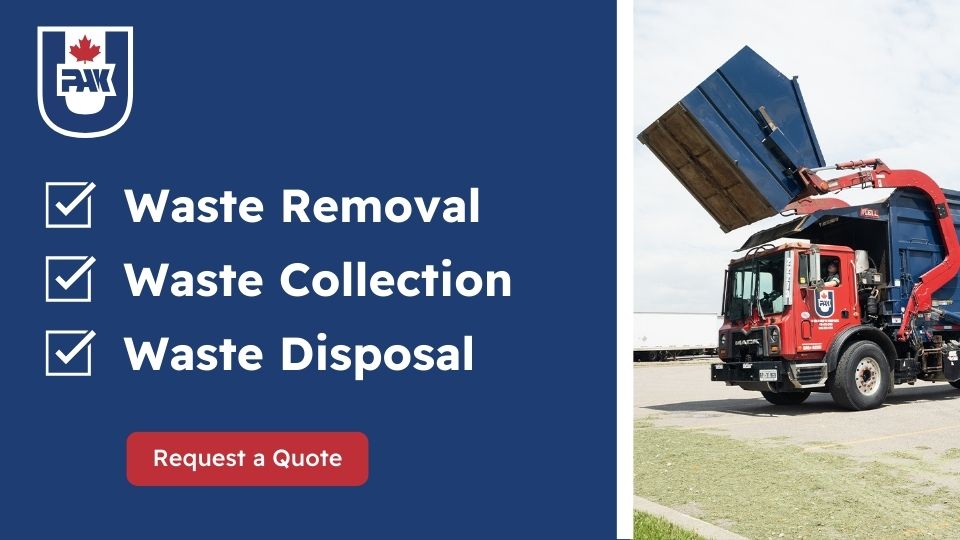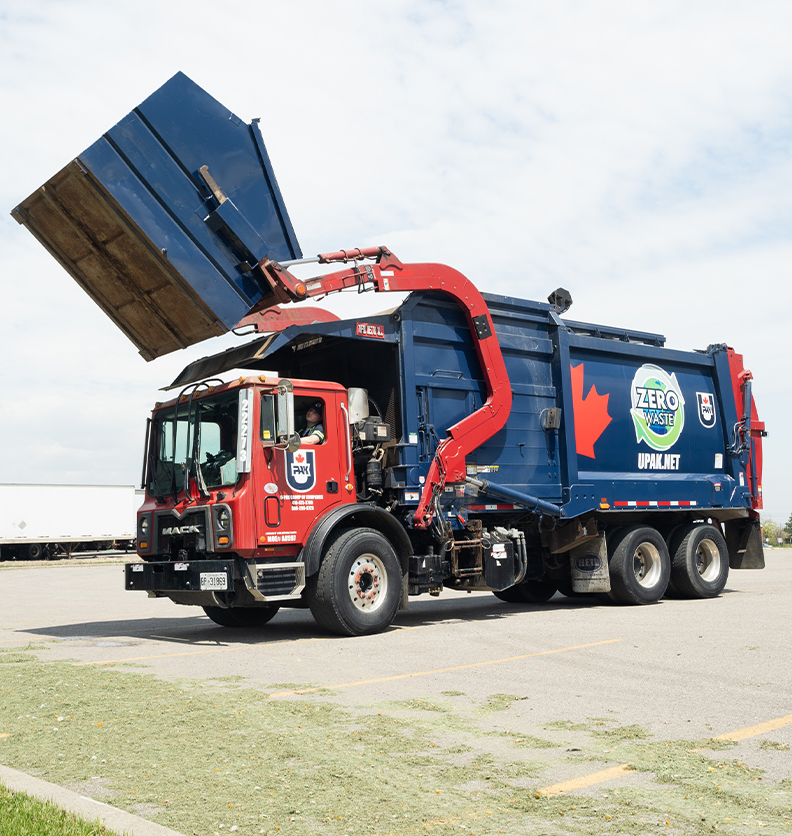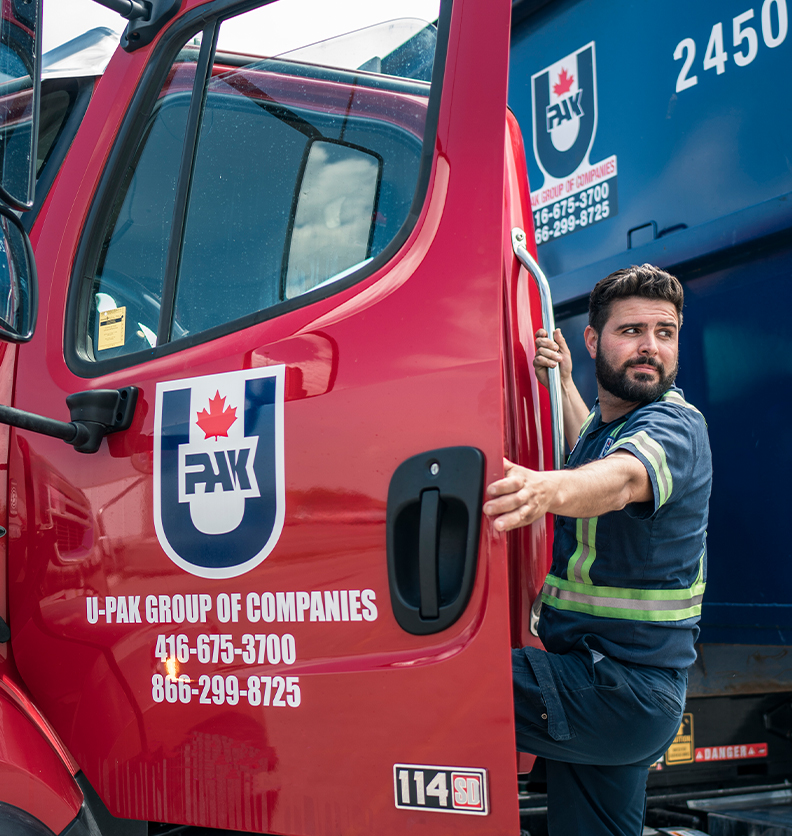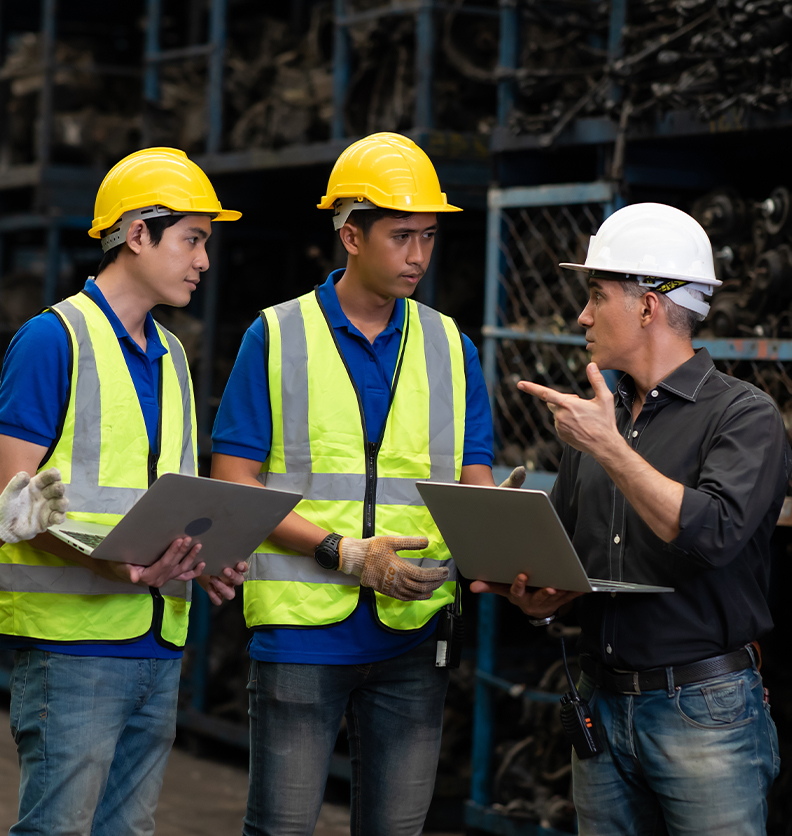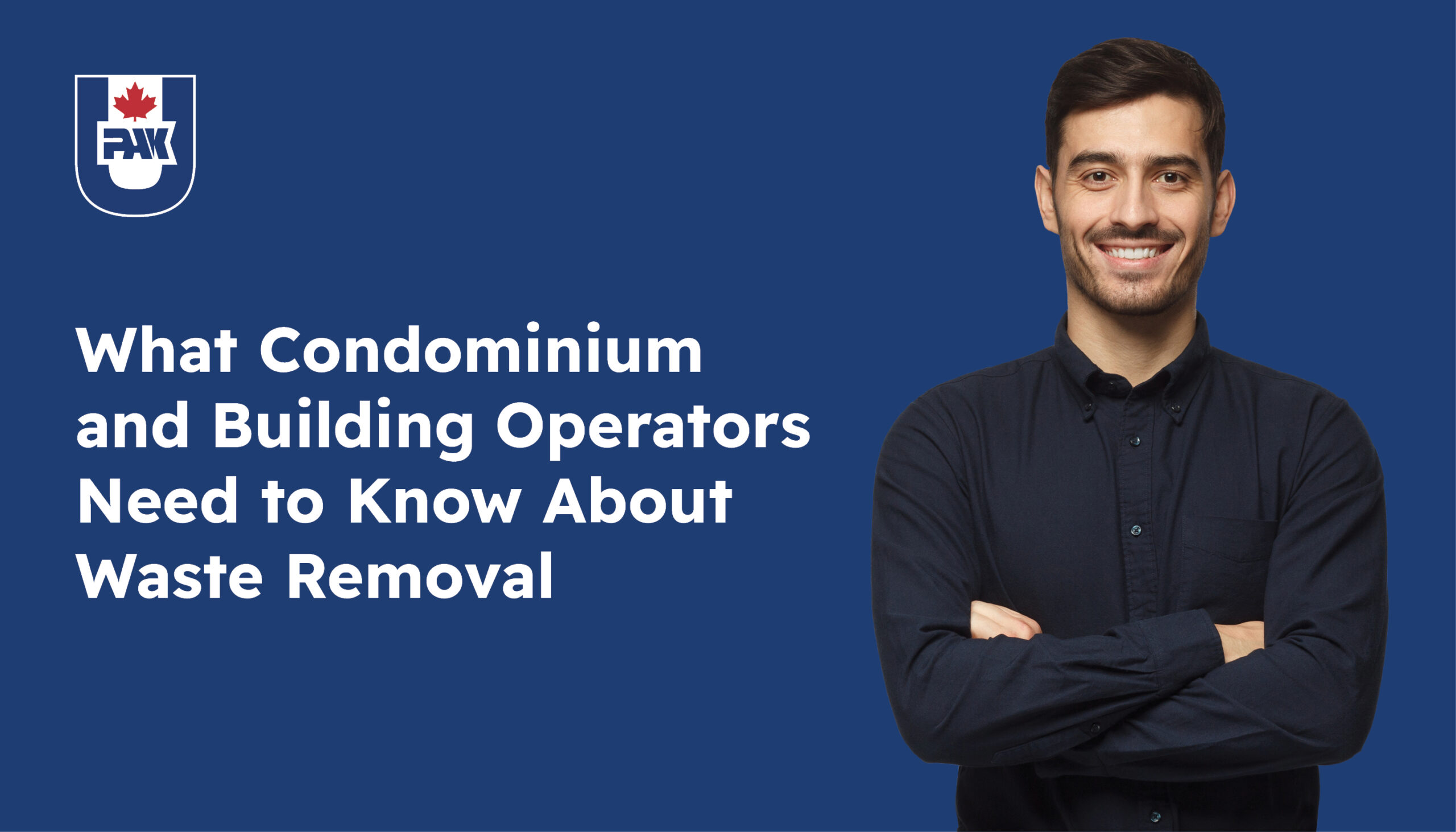
Efficient waste removal for condos is a critical aspect of property management, especially for condo and building operators. It affects the overall cleanliness, health, safety, and environmental sustainability of the building. Here are key considerations and best practices for effective waste removal for condos:
Waste Management Procedures and Policies
Condo and building operators must be fully aware of the waste management procedures and policies specific to the buildings they oversee. Compliance with local, provincial, and federal waste management regulations is essential to avoid fines and penalties. Engaging in services like waste audits can help ensure that buildings remain compliant.
Environmental Sustainability Governance (ESG) is another crucial aspect that condo and building operators need to understand thoroughly. Aligning waste management practices with the building’s ESG policies is essential. This involves following the Waste Hierarchy, which prioritizes reduction, reuse, recycling, and energy recovery from waste, with landfilling as the last resort. Opting for Energy from Waste solutions can significantly reduce greenhouse gas emissions while generating clean energy.
Minimizing the environmental impact of buildings through proper waste management is essential. This includes reducing waste generation, maximizing recycling, and ensuring responsible disposal. Utilizing professional services for waste removal for condos can help reduce the building’s ecological footprint.
Daily Waste Management Tasks
Effective waste removal for condos is vital for protecting the environment, public health, and ensuring regulatory compliance. It also conserves resources, offers economic benefits, enhances community well-being, and supports long-term sustainability. Building occupants should be educated on the proper rules of waste separation for garbage, recycling, and hazardous waste. Utilizing signage, educational materials, and presentations can help promote sustainable practices.
Condo and building operators must stay informed about new waste removal technologies, such as custom waste equipment with remote monitoring, data analytics, IoT sensors, and predictive maintenance systems. Conducting regular training ensures that staff are proficient in using these technologies and understand safety and compliance requirements.
Selecting a Waste Management Contractor
Choosing the right waste management contractor is crucial for efficient and responsible waste handling. Operators should define their needs and goals, identifying the type and volume of waste generated while setting environmental targets. Researching potential contractors, checking qualifications, certifications, and experience are necessary steps in this process.
Evaluating the range of services offered, such as waste collection, recycling, and hazardous waste handling, ensures that the contractor can meet specific waste management needs. Environmental considerations should also be taken into account by choosing contractors committed to sustainability and environmentally friendly practices.
Cost and contract terms should be carefully reviewed to ensure transparency. Additionally, verifying the contractor’s adherence to safety and environmental regulations is essential. The contractor’s responsiveness and customer service quality should also be assessed to ensure effective communication.
